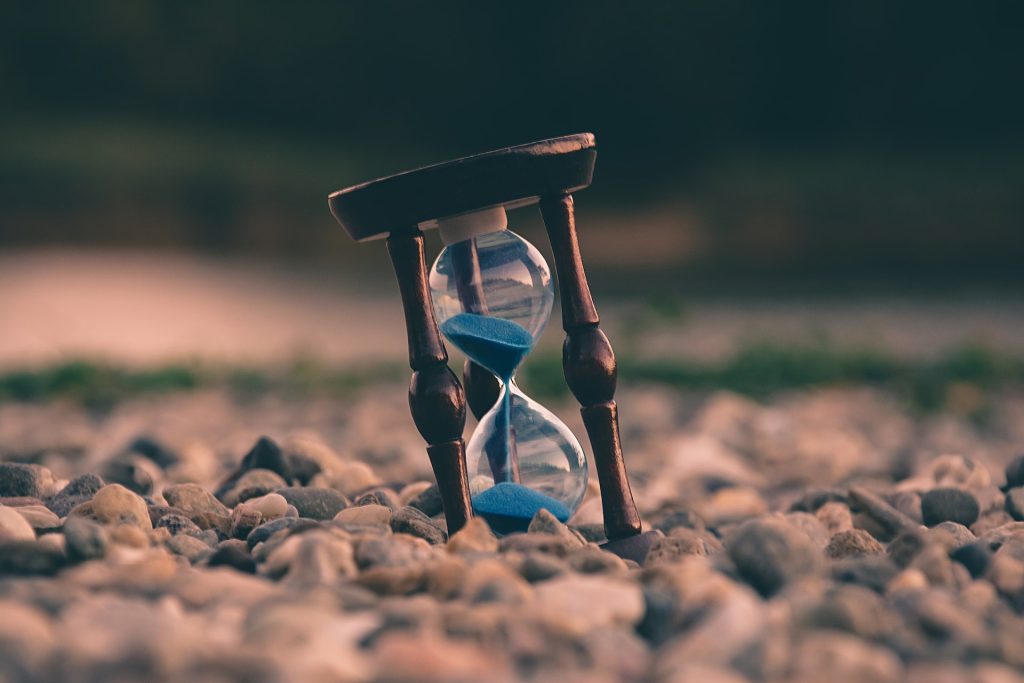Are you one of those who see an advertisement or a promotion and want to buy everything there is?
That kind of behavior can have a huge impact on your personal finances. Identifying the difference between need and desire is a crucial step for anyone who wants to have a good relationship with money.
If you’re looking to get your finances back in order, then just keep on reading and find out more!
Need and desire: which one has influenced your purchases?
At some point in your life, you must have seen a product and thought: “I need this”. When this happens, can you tell whether you want it or actually need it? Or do you buy it without knowing if you’re going to use it later?
With the ease of buying everything over the internet, impulse purchases gained a strong ally, convenience. You don’t need to leave the house, or queue up, just make a few clicks and it’s all done.
The real question is the consequences of these expenses. According to a survey carried out by the SPC (Credit Protection Service), CNDL (National Confederation of Shopkeepers), and Sebrae, 44% of internet purchases are made on impulse.
Of course, apps are not the only villains in this story, as consumers continue to shop in physical stores. The lack of financial planning sticks out here like a sore thumb.
That’s why it’s so important to know what you really need, and what you simply want. Having cost control and a predefined budget will help when deciding whether or not to buy an item.
How to differentiate need and desire?
Knowing the difference between need and want will help you avoid unplanned purchases. However, we must first draw a line between the two to tell them apart.
Need
One of the definitions presented in the Michaelis dictionary is: “what is of great use”. This is a good way to understand what “need” means.
Some items in our budget fit into this category fairly easily, such as water, electricity, and IPTU.
Think of priorities as in Maslow’s needs, where you divide your needs by understanding what is more or less important.
From there, you’ll know whether or not you have enough money to buy luxury items, or if you’ve been responsible with your money, maybe even start investing.
Desire
When we talk about the desire we are talking about will, ambition, and want.
Unlike a need, what we want does not directly impact our lives. It’s like when you go to the market and buy both rice and ice cream. Both are to be eaten, but only one is part of your necessary diet.
The superfluous items are still important in our daily lives, as they make us happier, and allow us to have fun… But the issue remains linked to the choices we make.
After all, that beautiful sneaker or the new product that everyone is buying, is it a need or a desire?
Before buying something, ask yourself some basic questions:
– Is it useful?
– Is it vital?
– Can I pay right now?
– Do I need it right now?
Remember, even if you can and want to buy a certain thing, consider whether you really need it. With this in mind, even if you find a single reason not to buy something, it means you should probably re-evaluate.
Everything has its moment, and thinking about the future and the financial success of the whole family, every decision we make is important.
What to do to improve personal finances?
Differentiating need and want is just one of the things you can do to improve your finances. But it’s not the only one. We’ve prepared some more tips to help you achieve your financial goals!
- Financial education: regardless of how much you already know about the subject, it’s always good to study a little more. You may be surprised by new methods, and even investments and fees you’ve never heard of. Knowledge is the key to the changes you want to make for a stable financial life.
- Trace your goals and goals: Where do you want to go? How will you get there? Don’t forget to put your dreams and projects on paper.
- Think long term: The future may seem very distant today, but in fact, time passes and every day is important to organize finances.


